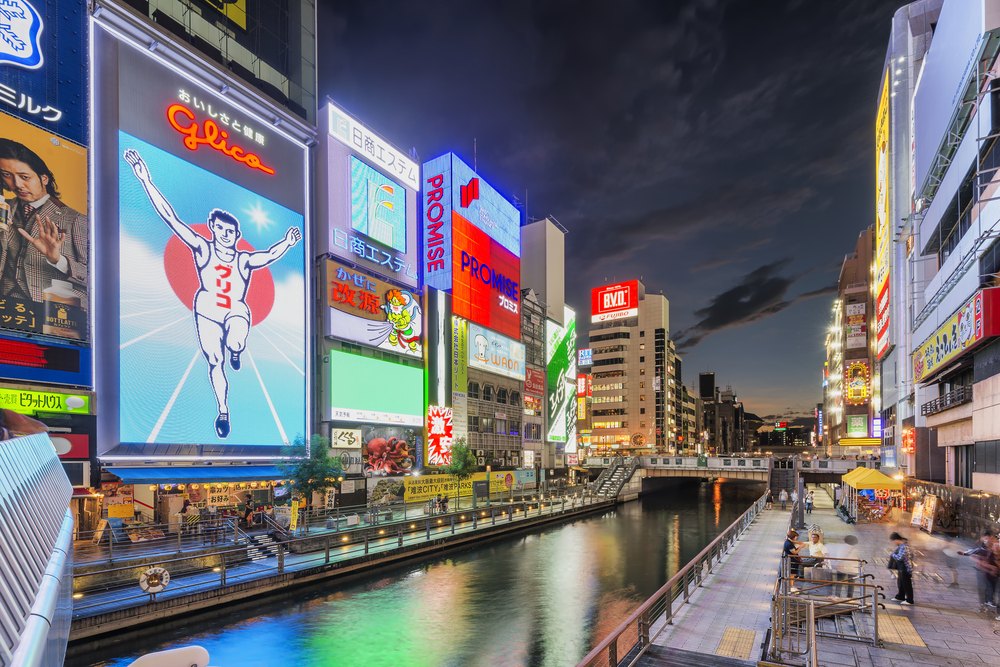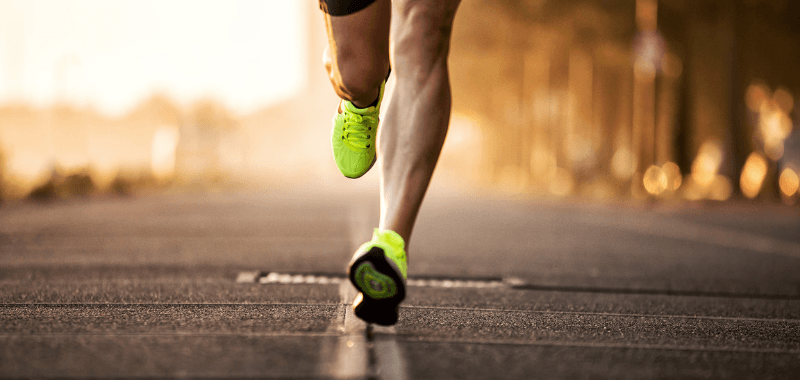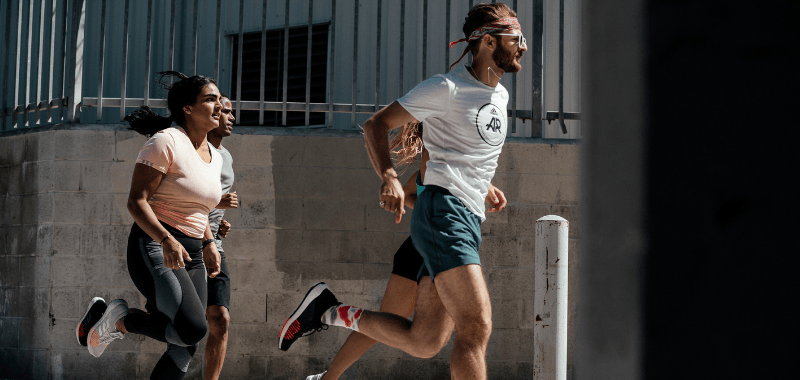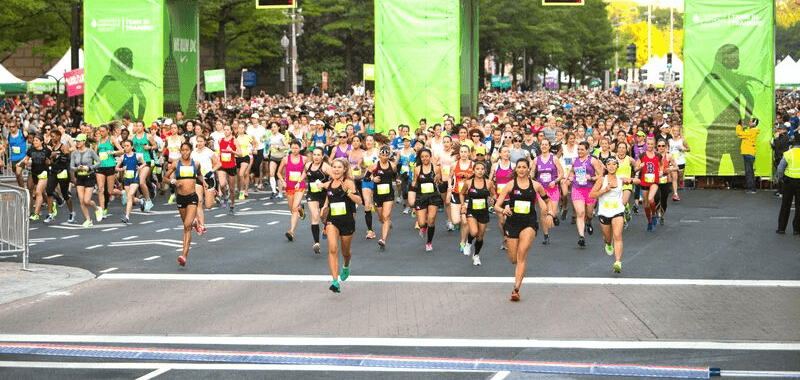Tabla de contenido
While African runners dominate the headlines, Japanese running history is full of notable triumphs, especially in the grueling distances of marathons and ultras.
From iconic figures like Toshihiko Seko, who dominated the 1980s with his record-breaking four Fukuoka Marathon wins, to modern-day athletes like Yuki Kawauchi, known as the “Koala Runner” for his rugged style and impressive track record of more than 100 marathon completions, Japanese runners have left an indelible mark on the running world.
Key factors for the success of Japanese marathon runners
- Coaching culture in schools and companies: In Japan, many coaches operate in educational institutions and reputable companies, where runners receive specialized training and mentoring. Although no specific certification is required to be a coach in these institutions, this system has proven to be a breeding ground for discovering and cultivating talent early on. The closeness between runners and their coaches fosters a relationship of trust and facilitates the exchange of advice and support.
- Natural Environment and Climate: Japan’s climate variability, with wide fluctuations between extreme temperatures, helps build athletes’ tenacity and patience in the face of the rigors of training. In addition, 70% of Japan’s mountains are in national parks, providing a natural environment that counteracts everyday stress and fosters athletes’ mental balance.
- Genetic Advantages The distinctive Japanese physique, inherited from past generations, is exceptionally well suited to the demands of long-distance running. Genetic predisposition and a favorable environment have proven instrumental in developing elite runners.
- Motivation and Mindset Japanese society deeply values effort and dedication toward challenging goals, such as becoming a high-performance runner. Recognition of the value of achievement, intrinsically linked to the effort invested, drives athletes to overcome obstacles and persevere on their path to excellence.
The importance of the training plan
Two fundamental elements characterize the use of the running training plan among Japanese runners:
- Belief and trust in the training program: Japanese runners have unwavering faith in the training programs designed for them. They trust in their coaches’ experience and knowledge, enabling them to fully commit to the set plan and follow it with discipline and determination.
- Consistency: Consistency is a cornerstone of success for Japanese runners. They rigorously follow their training plan daily, week after week, regardless of their challenges. This consistent dedication allows them to progressively build the endurance and strength necessary to achieve their athletic goals.
These two principles guide Japanese runners’ training approach and contribute significantly to their excellence on the track and on the road.
Corporate Career Teams in Japan: A Model to Follow
Elite marathon runners in Japan are often affiliated with the sports clubs of the companies that employ them. The athletes’ coaches set training and competition schedules in consultation with management, ensuring that they do not interfere with their work responsibilities.
Absences for running-related activities are considered paid vacation or, in some cases, business trips, with travel expenses often covered by the corporate sports clubs themselves.
In addition to their daily training routine, marathon runners participate in special training camps that typically last around seven days. The frequency of these camps varies from company to company, adapting to the athletes’ needs and performance goals.
The existence and success of these corporate teams are critical to developing elite runners in Japan. With approximately 60 teams, 30 men’s and 30 women’s, each consisting of about 20 full-time paid athletes, the total number exceeds 1,200 active elite long-distance runners.
The traditional model involves companies forming ekiden teams and integrating professional runners and regular employees. After their running careers end, many continue to work in office roles at the company, ensuring long-term job stability. Teams sometimes rotate runners through different company areas, fostering a sense of community and pride in team membership.
“Ekiden races are long-distance relay races, with each leg typically about a half-marathon in distance. The biggest ekiden, the Hakone Ekiden, is the biggest sporting event of the year in Japan – the whole country comes to a standstill. Baseball in general as a sport is bigger, but this event overshadows all the others. It’s on January 2 and 3 and everyone in the country sits down to watch. I would say that for most runners in Japan, being on the team that wins that race would be more important than winning an Olympic medal.”
Although undergoing some transformation, Japan remains the opportunity for talented runners to achieve professional success even if they don’t reach the international elite level. This culture allows running to be more than a passion, making it a viable avenue for personal and professional growth.
Features of running events in Japan
- It is traditional to have men’s and women’s marathons, although mixed events have been created in recent years.
- The Tokyo Marathon stands out as Asia’s largest running event. Nearly 300,000 people applied to participate, but only 30,000 actually got the chance to run.
- The most popular sporting events in Japan are Ekidens (long-distance road relays), which prefer long distances over short ones.
- The competition season in Japan runs from November to March, with races ranging from 5km to 30km for marathons and Ekidens. April and October are the track and field seasons.
- Japanese marathon runners participate in 1-3 local marathons per year, as well as other road races of various distances, some track races, mainly 5,000 and 10,000 meters, and steeplechase races.
Let us help you create running programs in your company and reap the benefits they offer to improve your work environment and productivity.
Please write to us at [email protected] for more information.
Looking for a plan that trains with you, not against you?
At running.COACH, we don’t just build a schedule. We create a smart, living plan that evolves with you. It understands your level, your race goals and your real life. Whether you sync your GPS watch or train straight from our iOS or Android app, your plan adjusts automatically as you improve.
From day one, you’ll feel the difference:
- A fully personalized, dynamic plan designed for you.
- Automatic sync and effortless workout tracking.
- Real-time updates when life happens, including missed sessions, new races or schedule changes.
- Simple, science-backed guidance to train smarter and recover faster.
🎁 Start today and enjoy your first 30 days free.
Because the best training plan isn’t one you follow. It’s one that follows you.app.











0 Comments